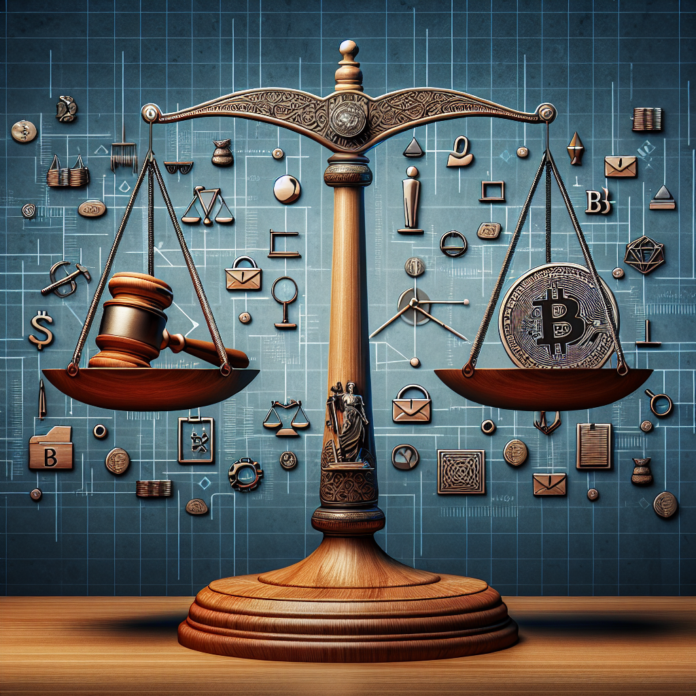The Role of the SEC and Other Regulators in the Crypto Economy
The Role of the SEC and Other Regulators in the Crypto Economy
The rapid expansion of the cryptocurrency market has prompted increased scrutiny from regulatory bodies, particularly the U.S. Securities and Exchange Commission (SEC) and other financial regulators around the globe. As digital assets gain prominence, the need for comprehensive regulation becomes paramount to ensure investor protection, market integrity, and the prevention of fraudulent activities.
The SEC’s Mandate and Responsibilities
The SEC is tasked with enforcing federal securities laws and regulating the securities industry. In the context of cryptocurrencies, the SEC’s primary role is to determine which digital assets qualify as securities under U.S. law. This classification is crucial because it subjects these assets to a specific regulatory framework, including registration requirements and disclosure obligations.
The SEC has taken a proactive stance in addressing potential violations in the crypto space. It has initiated enforcement actions against various Initial Coin Offerings (ICOs) that were deemed to have offered unregistered securities. Furthermore, the SEC’s guidance on the Howey Test allows for a clearer understanding of which tokens may fall under its jurisdiction.
Other Regulatory Bodies’ Involvement
While the SEC plays a significant role in the regulation of cryptocurrencies, other regulatory bodies also contribute to the oversight of the crypto economy. The Commodity Futures Trading Commission (CFTC), for instance, regulates derivatives markets and has classified Bitcoin and Ethereum as commodities. This distinction allows the CFTC to oversee futures trading involving these cryptocurrencies.
Additionally, the Financial Crimes Enforcement Network (FinCEN) focuses on anti-money laundering (AML) and combating the financing of terrorism (CFT) regulations. Cryptocurrency exchanges and wallet providers are required to register with FinCEN and implement AML programs to prevent illicit activities.
Internationally, regulatory bodies such as the European Securities and Markets Authority (ESMA) and the Financial Stability Board (FSB) are also developing frameworks to address the challenges posed by the crypto economy. These organizations work towards harmonizing regulations across jurisdictions to facilitate a more cohesive global crypto market.
The Impact of Regulation on Innovation
While regulation is essential for protecting investors and ensuring the stability of financial markets, it can also pose challenges for innovation in the crypto space. Startups often face hurdles in navigating complex regulatory environments, which can stifle creativity and slow down the development of new technologies. Striking the right balance between regulation and innovation is crucial for fostering a healthy crypto economy.
Regulatory clarity can, however, stimulate growth by providing a safer environment for institutional investors. As more traditional financial players enter the market, the demand for clear guidelines increases, which could lead to further advancements in blockchain technology and its applications.
The Future of Crypto Regulation
Looking ahead, the landscape of crypto regulation is likely to evolve significantly. With ongoing discussions among lawmakers and regulators, there is potential for new legislation that could reshape the regulatory framework for digital assets. Emerging technologies, such as decentralized finance (DeFi) and non-fungible tokens (NFTs), present unique challenges that regulators are beginning to address.
The role of the SEC and other regulatory bodies will continue to be pivotal in shaping the future of the crypto economy. As the market matures, ongoing dialogue between regulators, industry stakeholders, and the public will be essential in creating a balanced regulatory environment that fosters innovation while protecting consumers.
In conclusion, the interplay between the SEC and other regulatory bodies is critical in navigating the complexities of the crypto economy. Through established frameworks and ongoing discussions, regulators aim to build a robust and secure environment for the burgeoning world of digital assets.


